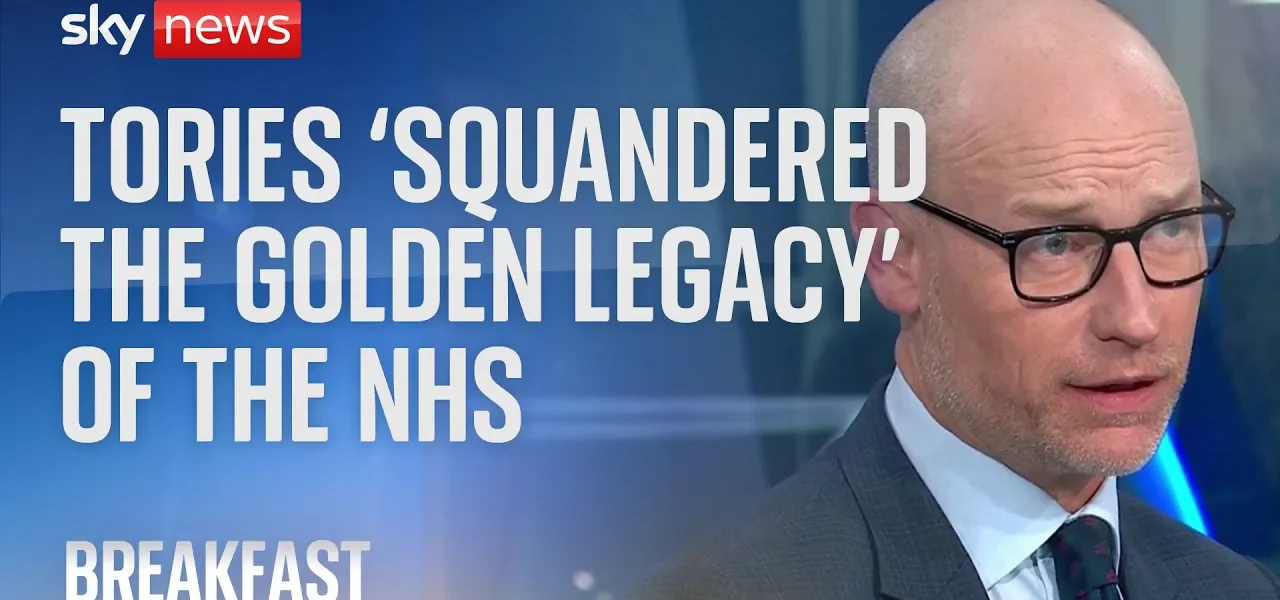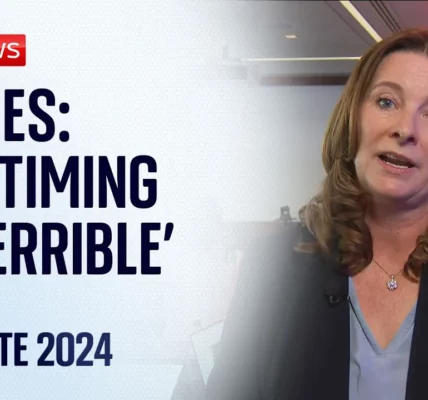Launching a National Conversation on the National Health Service

This article delves into the critical discussion surrounding the National Health Service (NHS) in the UK, featuring insights from Lord Dar’s review. It outlines the urgent need for reform and invites the public to participate in shaping the future of health and care services.
Introduction
The National Health Service (NHS) is facing unprecedented challenges, prompting calls for a national conversation on its future. Lord Dar’s recent review has highlighted the pressing issues within the NHS and care systems, characterizing them as “broken.” This article explores the implications of Lord Dar’s findings, the proposed reforms, and the role of the public in this transformative dialogue.
Understanding Lord Dar’s Review
Lord Dar’s review serves as a wake-up call regarding the state of the NHS. It emphasizes that while the NHS is indeed facing significant challenges, it is not beyond repair. The review outlines several key areas that require urgent attention:
- Funding and Investment: The review stresses the need for increased funding in conjunction with reforms.
- System Modernization: A shift from traditional hospital-based care to community-focused services is essential.
- Preventative Measures: Emphasizing health promotion and disease prevention is crucial for long-term sustainability.
The National Conversation Initiative
In response to these challenges, the government is launching a nationwide conversation aimed at gathering public input on the future of the NHS. This initiative involves:
- Online Platform: A dedicated website, change.nhs.uk, will facilitate discussions and feedback.
- Community Events: A series of 100 events across the country to engage with citizens directly.
- Publication of a Comprehensive Plan: A plan is set to be published in the spring of next year, focusing on transformative shifts in the healthcare system.
Key Shifts in the NHS Reform Plan
The upcoming reforms are centered around three major shifts that aim to revitalize the healthcare system:
1. Transition from Analog to Digital
Investing in digital technologies is crucial for improving patient care. The introduction of a data bill will facilitate better data sharing among healthcare providers, enhancing the overall efficiency of the system.
2. Moving from Hospital to Community Care
There is a pressing need to alleviate the burden on acute hospital services by enhancing community care. Initiatives such as Neighborhood Health Centers aim to provide comprehensive health services closer to home.
3. Shifting Focus from Sickness to Prevention
Preventative healthcare can significantly reduce the need for more intensive treatments. Pilot projects, such as personalized fitness goals in Wolverhampton, have shown promising results in encouraging healthier lifestyles.
The Role of Technology in Healthcare
Technology plays a pivotal role in the proposed NHS reforms. Innovations such as wearable tech and smartwatches are set to revolutionize patient monitoring and engagement:
- Home Monitoring: Patients with chronic conditions can use wearables to monitor their health metrics, reducing unnecessary clinic visits.
- Data Sharing: Enhanced protocols will allow for seamless information sharing between patients and healthcare providers.
- Increased Efficiency: This technology will help in managing patient loads more effectively, allowing healthcare professionals to focus on critical cases.
Improving Productivity in the NHS
Addressing productivity within the NHS is essential for restoring trust and efficiency. Key strategies include:
1. Continuity of Care
Ensuring that patients see the same GP consistently can improve care quality and reduce the need for revisit appointments, enhancing overall productivity.
2. Adjusting Incentives for Healthcare Providers
Modifying the Quality Outcomes Framework will incentivize GPs to maintain continuity of care, directly impacting patient satisfaction and outcomes.
Conclusion
The national conversation on the NHS is a crucial step towards addressing the systemic issues that have plagued the service for years. With Lord Dar’s review as a foundation, the proposed reforms aim to create a healthcare system that is not only efficient but also sustainable and focused on patient needs. We invite you to engage in this conversation and contribute your thoughts on how we can collectively improve the NHS. Join the discussion on change.nhs.uk and be part of the solution!
“`




